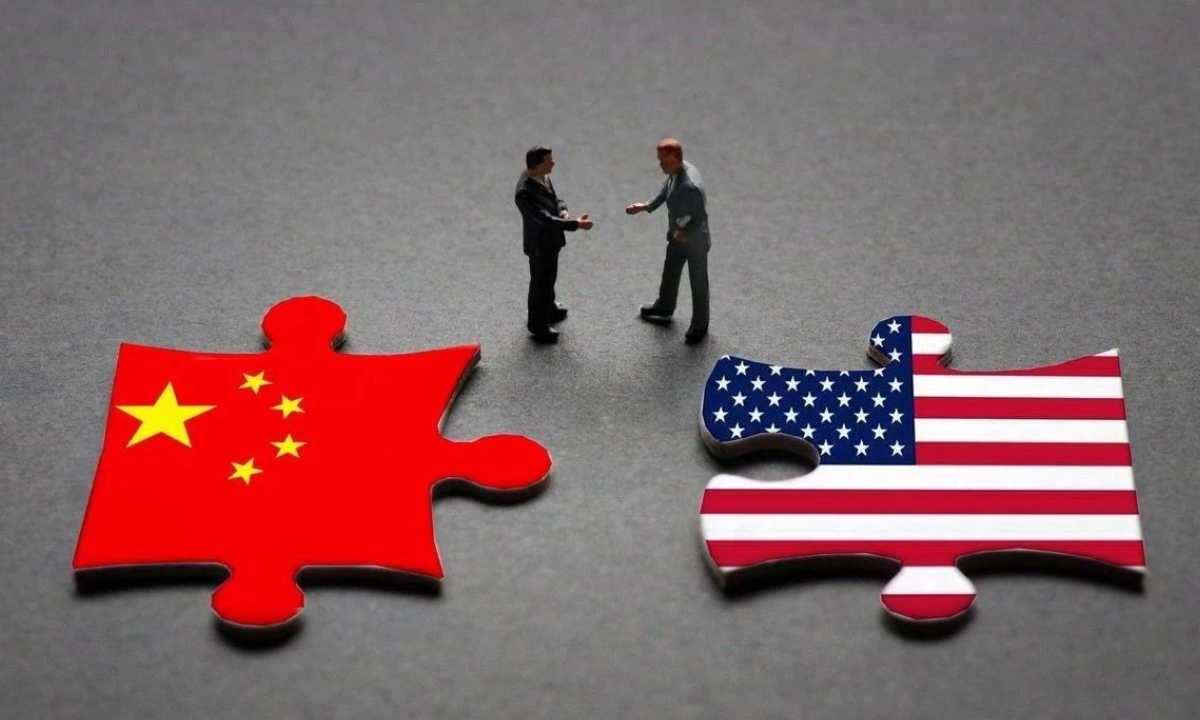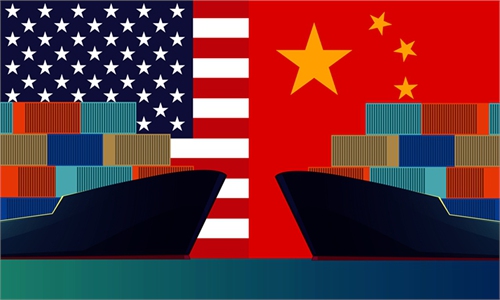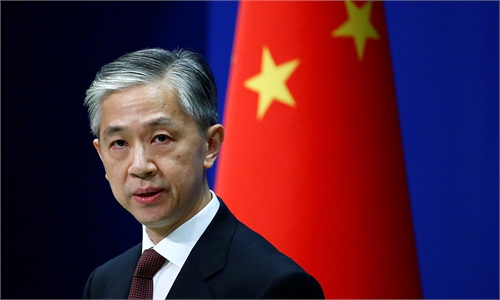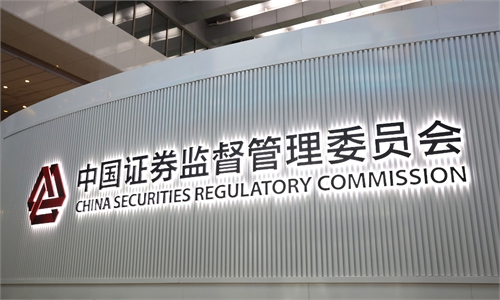
Photo:IC
The US Securities and Exchange Commission (SEC) warned that American accounting firms need to be cautious about taking on New York-listed Chinese companies as new clients, Bloomberg reported on Wednesday. The SEC asked US firms to fully vet their clients before engaging them, the report said.
The warning came as several US-listed Chinese companies have been switching to US auditors amid a dispute between China and the US over the audit issue, according to Bloomberg.
While an audit oversight cooperation agreement Chinese and US regulators signed in late August has injected some optimism in the market when it comes to the fate of US-listed Chinese companies, recent moves by the SEC have created uncertainty and unnecessary market speculation over whether the agency will take a backward step in terms of solving the long-standing audit dispute.
Such concerns seem justified to a certain extent. Despite the signing of the agreement, US authorities don't seem to have given up menacing US-listed Chinese companies. For instance, just last week, it was widely reported by foreign media that US regulators had notified Alibaba and other US-listed Chinese companies of forthcoming audit inspections, resulting in sharp drops in relevant firms' share prices.
There is no denying that stock markets on both sides have become very sensitive to US regulatory actions against Chinese firms, as the US has been using its domestic Holding Foreign Companies Accountable Act for the past years to intimidate US-listed Chinese stocks with a "delisting timetable."
It should be acknowledged that at a time when some US politicians have been politicizing capital market regulation and playing up the so-called financial decoupling between the two countries, it is not easy for Chinese and US regulators to have reached an audit oversight cooperation agreement. It's been over two years since Chinese and US officials first engaged in negotiations over the issue. So the agreement is a truly a hard-fought outcome for both sides and a very crucial step in addressing such a critical issue.
The letters as well as the spirit of such an agreement should be fully respected by both sides. Yet, even as China places great emphasis on the principle of equality and reciprocity in cross-border audit oversight cooperation, the US clearly continues to adopt its tough and even hostile regulatory stance against US-listed Chinese companies. In any event, continuing to create uncertainty for or even directly menace US-listed Chinese firms is in no way conducive for the two countries to resolve the long-standing issue.
One agreement might not necessarily address all the differences. But it is normal for China and the US to have differences, after all, the two countries have different laws and regulations. Still that should not become the excuse for some US forces to politicize capital market regulation to target China.
The audit supervision issue is a long-standing one, but regulators on both sides used to carry out audit cooperation under certain mechanism to solve some specific problems encountered during the supervision process. It was only recently that the US extended its strategy of containing China to financial market regulation amid a political atmosphere, in which talking tough on China became a perceived vote winning position, creating unnecessary distractions in the dialogue and communications between regulatory bodies from both countries.
Judging from the market reaction, stock markets on both sides are obviously look forward to seeing a proper solution to the cross-border audit regulatory issue, which can not only ease the long-standing concerns over the potential delisting of US-listed Chinese companies, but is also of great significance for the stable development of capital market.
If any political force gets in the way of the current progress on two-way cooperation, it will lead to a lose-lose situation by hurting not only Chinese companies listed in the US, but also the interests of US capital market and investors.
In this sense, US securities regulators are advised to avoid being carried away by political forces to take a backward step when it comes to audit regulatory cooperation. How to work with Chinese regulators to put the audit agreement into real actions is the only correct direction for both sides. In the meantime, any US action that unfairly and unreasonably target Chinese businesses under any pretext will not left unanswered. As Chinese officials have repeatedly stressed, China will take all necessary measures to protect its legitimate rights and interests.



